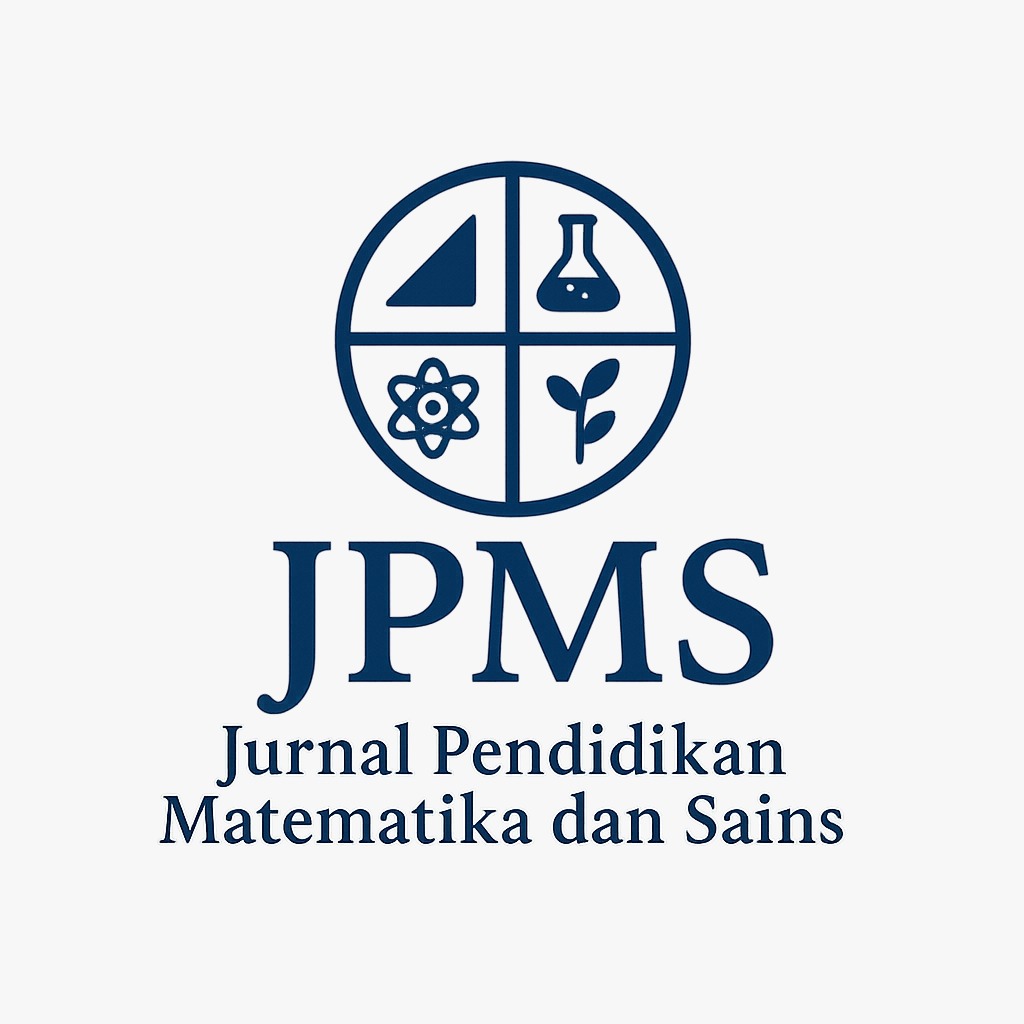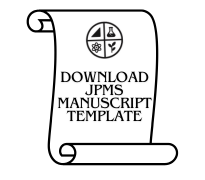Studi ketercapaian KKNI guru fisika dan refleksinya dalam pembelajaran berbasis creative skill
DOI:
https://doi.org/10.21831/jpms.v5i1.13539Keywords:
kompetensi, guru fisika, KKNI level enamAbstract
Tujuan penelitian ini mengungkapkan: (1) ketercapaian kompetensi guru fisika Prodi Pendidikan Fisika UNSRI terhadap KKNI dan (2) reflektifnya dalam pembelajaran fisika berbasis creative skill. Penelitian ini merupakan survei yang dilakukan di Kota Palembang. Subjek penelitian 12 guru fisika di bawah lima tahun dari kelulusannya, 12 guru senior fisika, dan 364 siswa. Data dikumpulkan melalui angket, observasi, dokumentasi, dan wawancara, dianalisis dengan teknik deskriptif kuantitatif dan kualitatif. Hasil penelitian: (1) ketercapaian kompetensi guru lulusan Prodi Pendidikan Fisika UNSRI, sudah mencapai KKNI level enam dengan kriteria cukup untuk deskriptor pertama, baik untuk deskriptor kedua, ketiga, dan keempat, dengan keunggulan pada kompetensi memanfaatkan ICT, profesional dan pedagogik, bimbingan dan konseling, kompetensi sebagai guru fisika, kompetensi kepribadian dan sosial, dan kelemahan pada kompetensi menggunakan peralatan laboratorium, dan menerapkan penelitian pendidikan dalam pembelajaran fisika; serta (2) tingkat reflektifnya dalam pembelajaran fisika berbasis creative skill dalam kriteria baik pada dimensi produk, proses dan kepribadian guru.
Kata Kunci: kompetensi, guru fisika, KKNI level enam
ACHIEVEMENT INQF AND REFLECTION
IN CREATIVE SKILL-BASED PHYSICS TEACHING
Abstract
This research aims to reveal: (1) achievement of competence of physics teachers of graduation UNSRI to KKNI level six and (2) their reflection to the creative skill-based physics teaching. This research is a survey conducted in the Palembang city. The Subjects were 12 new physics teachers, 12 senior physics teachers, and 364 students. Data were collected through questionnaires, observation, documentation, and interviews, and analyzed with quantitative and qualitative descriptive. Results showed: (1) achievement of the competence of physics teachers, has reached KKNI level six with sufficient criterion for the first descriptors, and good for the second, third and fourth descriptors, with competence strength in utilizing ICT, professional and pedagogic, guidance and counseling, as a physics teacher competence, personal competence and social competence and competence weakness in using laboratory equipment, and applying educational research; and (2) their reflection to the creative skill-based physics teaching include in the good category.
Keywords: competency, physics teacher, INQF level sixReferences
Afrizon, R., Ratnawulan., & Fauzi, A. (2012). Peningkatan perilaku berkarakter dan keterampilan berpikir kritis siswa kelas IX MTSN model Padang pada mata pelajaran IPA-Fisika menggunakan model Problem Based Instruction [Versi elektronik]. Jurnal Penelitian Pembelajaran Fisika. 8. Diambil pada tanggal 21 Mei 2014 dari http://ejournal.unp.ac.id.
Allen., & Unwin. (1993). Curriculum development & design 2nd edition. NSW, Australia: Murray Print.
Atav, E. & Altunoglu, B.D. (2010). Pre-Service Teaches' View About Their Competencies in Biology Aplication. Journal of Turkish Science Education, 7, 1, 38-46. Diambil pada tanggal 12 Desember 2013, dari http://www.tused.org.
Bhargava, A. & Pathy, M. (2011). Perception of Student Teachers about Teaching Competencies, American International Journal of Contemporary research. Vol.1, 1, 77-81. Diambil pada tanggal 14 Desember 2013 dari http://aijcrnet.com/journals/Vol._1_No_July_2011/2010.pdf.
Bharvad, A.J. (2010). Curriculum evaluation. International Research Journal, I, 72-74.
Bohlinger, S. (2007). Competences as the core element of the european qualifications framework. European journal of vocational training, 42/43, 96-112.
BPS. (2011). Keadaan ketenagakerjaan 2011. Diakses pada tanggal 8 Februari 2012. www.bps.go.id/brs_file/naker_07nov11. pdf.
Depdiknas. (2005). Undang-undang Republik Indonesia Nomor 14 Tahun 2005, tentang Guru dan Dosen.
Dirjen Dikti. (2010). Buku Pedoman Kerangka Kualifikasi Nasional Indonesia, Edisi 1. Jakarta: Dikti.
Federal Ministry of Education and Research Republic of Germany. (2008). The compatibility of the "qualifications framework for german higher education qualifications" with the "qualifications framework for the european higher education area". Jerman: Federal Ministry of Education and Research.
Higher Education Comprises HBO. (2008). The higher education qualifications framework in the netherlands, a presentation for compatibility with the framework for Qualifications of the European Higher Education Area. Netherlands, Belanda: HBO and WO.
Isaksen, S.G., Puccio, G.J., & Treffinger, D.J. (2010). An ecological approach to creativity research: profiling for creative problem solving. The Journal of Creative Behavior. Vol.27, 149.
KaminskienÄ—, Ligija. (2011). Referencing Lithuanian Qualifications System to the European Qualifications Framework for Lifelong Learning. Vilnius : Leidybos centras
Light, G.L., Cox, R., & Calkins, S. (2009). Learner and teaching in higher education. New Delhi: Sage Publication Ltd.
Mardapi, Djemari. (2008). Teknik Penyusunan Instrumen Tes dan Non Tes. Yogyakarta: Mitra Cendikia Press.
Marinkovic, S., Bjekic., & Zlatic, L. (2011). Teachers Competence as the Indicator of the Quality and Condition Education. Serbia: Ministry of Education and science of Republic Serbia.
Markowitsch, J. & Messserer, K.L. (2008). Development and Interpretation of Descriptor of the European Qualification Framework. European Journal of Vocational Training, Vol. 42,43,33-58.
Masia, A. (2010). Italian qualifications framework. Cimea, Italia: Ministry of Education, University and Research.
Munandar, U. 2004. Pengembangan Kreatifitas Anak Berbakat. Jakarta: PT Rineka Cipta.
Null, W. (2011). Curriculum from theory to practice. New York: Rowman & Littlefield Publishers.
Oliva, P.F. (1992). Developing the curriculum 3th edition. New York: Harper Collins Publishers.
Rabari, J.A., Indoshi, F.C., & Omusonga, T.O. (2011). Perceptions of physics students and teachers toward creativity. International Journal of Curren Research. Vol 33, 234-240.
Smith, M.K. (2013). Curriculum theory and practice. Diakses pada tanggal 23 Februari 2013. http://www.infed.org/biblio/b-curric.htm.
Subali, Bambang. (2010). Metode penelitian pendidikan biologi. Yogyakarta: FMIPA UNY.
Tan, O.S. (2009). Problem Based Learning and Creativity. Singapore: Cengange Learning.
Cedefop (The European Centre for the Development). (2011). The development of national qualifications frameworks in europe. Luxembourg: Publications Office of the European Union. Diambil pada tanggal 21 November 2013, dari http://www.cedefop.europa.eu/EN.pdf.
Widoyoko, E. P. (2009). Evaluasi Program Pembelajaran. Yogyakarta: Pustaka Pelajar.
Wijeyaratne. (2012). Sri lanka qualifications framework. Sri Lanka : The World Bank funded Higher Education for Twenty First Century (HETC) Project of the Ministry of Higher Education. Srilanka: Ministry
Downloads
Published
How to Cite
Issue
Section
Citation Check
License
Jurnal Pendidikan Matematika dan Sains allows readers to read, download, copy, distribute, print, search, or link to its articles' full texts and allows readers to use them for any other lawful purpose. The journal allows the author(s) to hold the copyright without restrictions. Finally, the journal allows the author(s) to retain publishing rights without restrictions
- Authors are allowed to archive their submitted article in an open access repository
- Authors are allowed to archive the final published article in an open access repository with an acknowledgment of its initial publication in this journal

This work is licensed under a Creative Commons Attribution-ShareAlike 4.0 Generic License.





